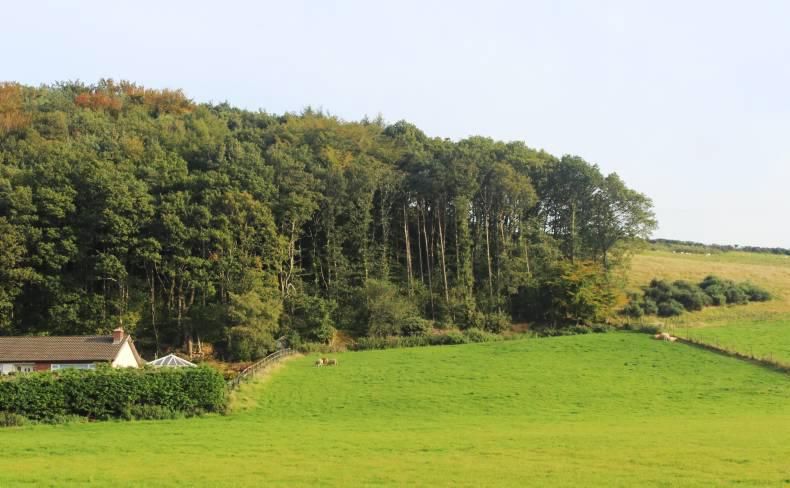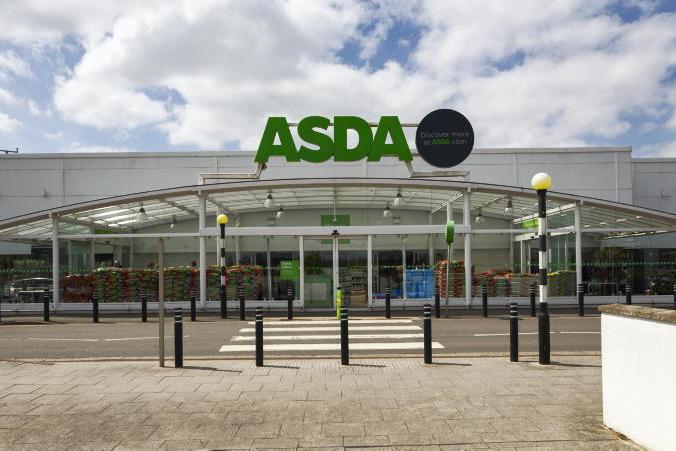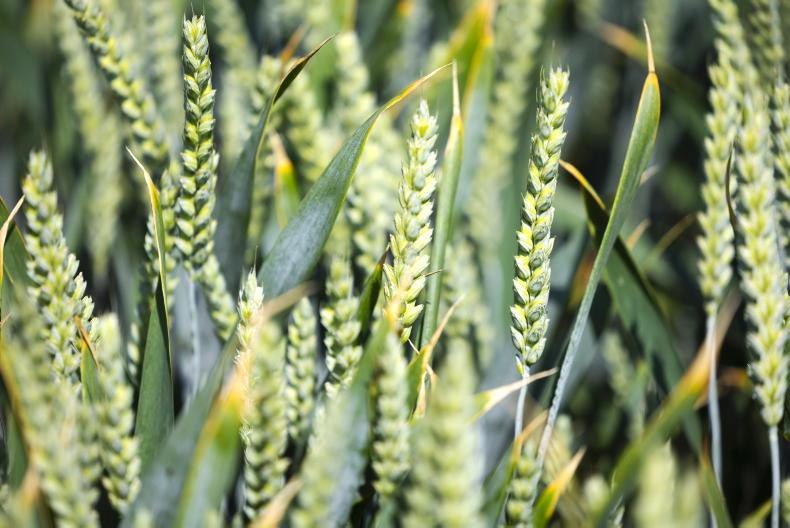Four weeks after the UK voted to leave the European Union (EU), the UK's Agriculture and Horticulture Development Board (AHDB) has outlined its analysis on how Brexit will affect the UK's trade outside the EU.
In its 'Horizon Market Intelligence', the AHDB said the analysis presented is under the assumption that the UK will join the World Trade Organisation (WTO).
Under WTO rules, countries cannot normally discriminate between their trading partners. They cannot grant someone a special favour – such as a lower customs duty rate for one of their products – without doing the same for all other WTO members, known as the most favoured nation principle.
Therefore, a special trade deal with Ireland may not be feasible.
Volatility
The British agri-food marketing agency said the economic arguments for trade restrictions were to prevent volatility: "A diverse UK agricultural industry spreads the risk of price fluctuations, a feature of agricultural markets."
Secondly, trade restrictions would "prevent the importation of harmful goods. Agricultural goods produced outside the UK may not have been produced to the same standards with regard to use of pesticides, herbicides, antibiotics, etc, thus posing a potential health risk to the UK consumer".
Rural areas
Arguments for trade restrictions not related to the economy included maintaining a degree of self-sufficiency for agricultural produce, maintaining rural landscapes, communities and traditional ways of life, restricting trade with countries with which the UK disagrees politically and environmental considerations.
However, the report says that there are issues surrounding trade restrictions: "Primarily it will distort trade and is highly likely to be reciprocated. As a result, it may limit economic growth, push prices up for UK consumers and potentially limit consumer choice."
Importance of SPS
Another significant factor is whether EU laws on sanitary and phytosanitary standards (SPS) remain in place for the UK. Up until now, membership of the EU has meant that SPS were accepted by third countries as part of EU trade agreements or arrangements currently in place on a bilateral basis.
It is currently undetermined if other countries will accept UK standards as being equivalent to EU standards post-Brexit. This may lead to the UK having to adopt all existing EU laws on standards of production or renegotiating each trade relationship on a bilateral basis.
AHDB said there could be "serious implications for the continuity of trade on a technical basis" if SPS are not easily transferable.
Irish impact
The analysis included many positive potentials for the UK from Brexit, including that it would be free to negotiate new trade deals based on domestic priorities and have greater flexibility in its negotiations.
Read more
Full coverage: Brexit
Four weeks after the UK voted to leave the European Union (EU), the UK's Agriculture and Horticulture Development Board (AHDB) has outlined its analysis on how Brexit will affect the UK's trade outside the EU.
In its 'Horizon Market Intelligence', the AHDB said the analysis presented is under the assumption that the UK will join the World Trade Organisation (WTO).
Under WTO rules, countries cannot normally discriminate between their trading partners. They cannot grant someone a special favour – such as a lower customs duty rate for one of their products – without doing the same for all other WTO members, known as the most favoured nation principle.
Therefore, a special trade deal with Ireland may not be feasible.
Volatility
The British agri-food marketing agency said the economic arguments for trade restrictions were to prevent volatility: "A diverse UK agricultural industry spreads the risk of price fluctuations, a feature of agricultural markets."
Secondly, trade restrictions would "prevent the importation of harmful goods. Agricultural goods produced outside the UK may not have been produced to the same standards with regard to use of pesticides, herbicides, antibiotics, etc, thus posing a potential health risk to the UK consumer".
Rural areas
Arguments for trade restrictions not related to the economy included maintaining a degree of self-sufficiency for agricultural produce, maintaining rural landscapes, communities and traditional ways of life, restricting trade with countries with which the UK disagrees politically and environmental considerations.
However, the report says that there are issues surrounding trade restrictions: "Primarily it will distort trade and is highly likely to be reciprocated. As a result, it may limit economic growth, push prices up for UK consumers and potentially limit consumer choice."
Importance of SPS
Another significant factor is whether EU laws on sanitary and phytosanitary standards (SPS) remain in place for the UK. Up until now, membership of the EU has meant that SPS were accepted by third countries as part of EU trade agreements or arrangements currently in place on a bilateral basis.
It is currently undetermined if other countries will accept UK standards as being equivalent to EU standards post-Brexit. This may lead to the UK having to adopt all existing EU laws on standards of production or renegotiating each trade relationship on a bilateral basis.
AHDB said there could be "serious implications for the continuity of trade on a technical basis" if SPS are not easily transferable.
Irish impact
The analysis included many positive potentials for the UK from Brexit, including that it would be free to negotiate new trade deals based on domestic priorities and have greater flexibility in its negotiations.
Read more
Full coverage: Brexit









SHARING OPTIONS